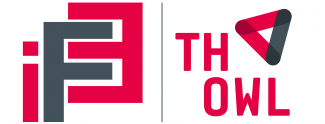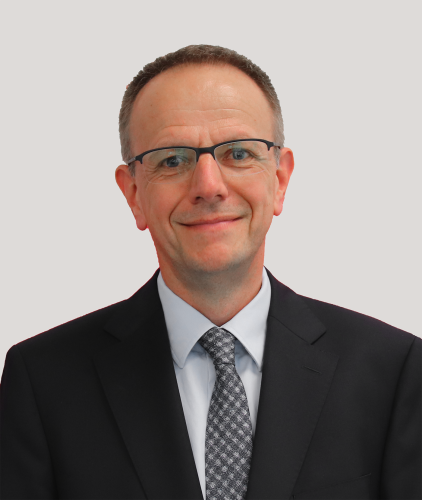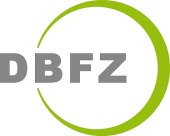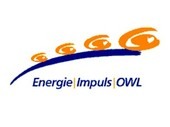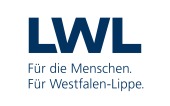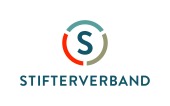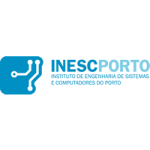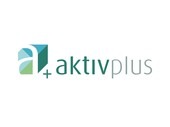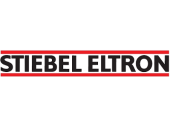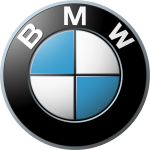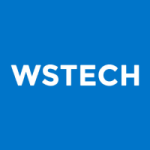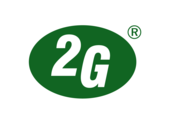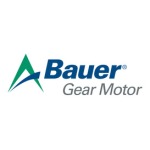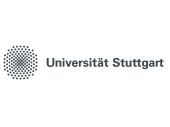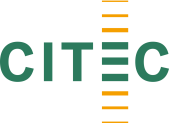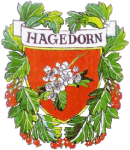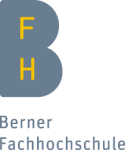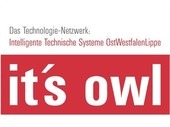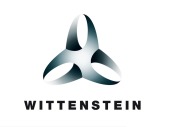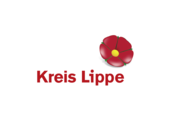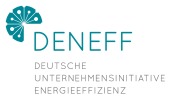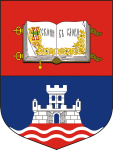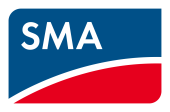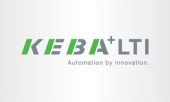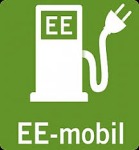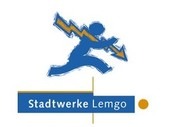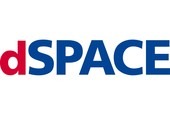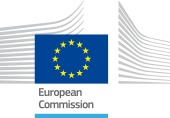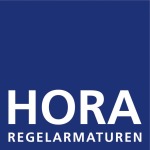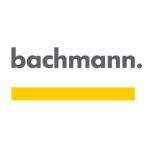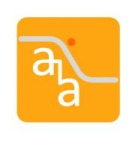Rainer Rasche ist neues Mitglied im iFE-Vorstand
Zum 01.07.2019 wurde Rainer Rasche für die Professur „Mechatronik und Elektromechanik“ an die Technische Hochschule Ostwestfalen-Lippe berufen. Im Herbst 2019 folgte die Aufnahme als assoziiertes Mitglied in den Vorstand des iFE. Im Interview gibt Rasche uns einen Einblick in seine fachlichen Interessen, seine Erfahrungen und seinen Lehransatz.
Denise Hohenstein (DH): Hallo Herr Rasche. Herzlichen Dank für Ihre Zeit. Sie sind jetzt seit knapp einem Jahr an der Technischen Hochschule Ostwestfalen-Lippe. Wie waren die ersten Monate an der TH OWL? Wie haben Sie diese verbracht?
Rainer Rasche (RR): Hallo Frau Hohenstein, ich begrüße Sie. In meinen ersten Monaten war ich vor allem mit dem Aufbau von Lehre und Praktika beschäftigt. Außerdem habe ich erste Forschungsanträge geschrieben, von denen ich hoffe, dass ich baldmöglichst eine positive Rückmeldung erhalte.
DH: Bevor wir auf Ihre Unterrichtsfächer und Forschungsinteressen zu sprechen kommen, würde ich gerne wissen, welchen fachlichen Background Sie mitbringen. Was haben Sie studiert?
RR: Ich habe Maschinenbau an der Universität Paderborn und der Western Michigan University, Kalamazoo (USA), studiert und auch an der Universität Paderborn promoviert.
DH: Zu welchem Thema haben Sie promoviert?
RR: Autonomes Fahren im Kreuzungsbereich.
DH: Autonomes Fahren ist ein topaktuelles Thema und hochspannend. Was haben Sie im Detail in Ihrer Promotion untersucht?
RR: Autonome Fahrzeuge sind sehr moderne vernetzte mechatronische Systeme. Aufgabe war es, die Fahrzeuge einerseits sicher und kollisionsfrei – das ist absolute Voraussetzung – über die Kreuzung fahren zu lassen. Andererseits galt es, neben der Kollisionsfreiheit auch weitere Kriterien zu erfüllen, z. B. den Energiebedarf oder den Fahrkomfort für die Passagiere. Diese Kriterien beinhalten Zielkonflikte, d.h. sie lassen sich nicht immer gleichzeitig optimal erfüllen. Darin liegt das Problem – aber auch der Reiz. Das Herangehen bei der Lösung derartiger Aufgaben erfolgt zunächst modellbasiert, in dem man physikalische und mathematische Ersatzmodelle ableitet. Diese sind dann die Basis für Simulationen und weitere Analyseverfahren und bieten das Potential für umfangreiches Optimieren und Testen. So wird sichergestellt, dass die o. g. Kriterien erfüllt sind, bevor kostenintensive reale Prototypen oder gar Serienfahrzeuge entwickelt und gebaut werden.
DH: Lassen Sie uns über Ihre letzte Berufstätigkeit sprechen. Welcher Tätigkeit sind Sie vor Ihrer Professur an der TH OWL nachgegangen?
RR: Projekt- und Gruppenleiter in der Softwareentwicklungsabteilung eines Herstellers von Werkzeugen (dSPACE in Paderborn) für die Entwicklung und den Test von komplexen mechatronischen Systemen.
Dabei spielen sogenannte Hardware-in-the-Loop (kurz: HIL) Simulatoren eine wichtige Rolle. Bei HIL werden die zu testenden Steuergeräte etwa von Autos oder Flugzeugen (weit bekannt ist z. B. das ABS- oder Bremssteuergerät eines Fahrzeugs) nicht sofort in das reale System eingebaut. Vielmehr erfolgt zunächst der Anschluss an eine Simulation, die sich möglichst genau so verhält wie das echte Auto oder Flugzeug. Dies bietet ein paar ganz entscheidende Vorteile. Erstens, die Simulation lässt sich ohne Testfahrer/-piloten und somit ohne Gefahren (für Mensch und Material) vollautomatisiert rund um die Uhr (24/365) durchführen. Zweitens, die Simulation benötigt keine Energie für Antriebssysteme. Sie hat – einmal abgesehen vom Rechnerbetrieb – keinen CO2- oder Schadstoffausstoß und erzeugt natürlich auch keinen physikalischen Verschleiß (z. B. der Reifen oder Bremsen). Drittens, die Simulation lässt sich beliebig oft neustarten und reproduzieren. Auch z. B. nach einer (virtuellen) Kollision. Somit lassen sich Fehler leichter eingrenzen bzw. testen, ob sie richtig korrigiert wurden. Und zu guter Letzt, Die Investitionskosten in diese Technologie sind kalkulierbar. Die Risiken von sicherheitskritischen Fehlern im laufenden Betrieb und weltweite Rückrufaktionen infolge fehlerhafter Fahrzeuge oder Flugzeuge sind es oft nicht, z. B. Boeing 737 MAX.
DH: Und wie kamen Sie an die TH OWL? Aus welchem Grund haben Sie sich für die TH OWL entschieden?
RR: Bei Stellenportalen kann man eigene Filter konfigurieren und sich dann regelmäßig via Newsletter informieren lassen. Von dieser Möglichkeit hatte ich Gebrauch gemacht. Wählt man den Filter geschickt, bleibt die Zahl der Angebote beherrschbar und man kann im richtigen Moment zuschlagen (lacht). Spaß beiseite: In meinem langjährigen industriellen Tätigkeitsumfeld konnte ich zahlreiche anspruchsvolle Themen für studentische Tätigkeiten und Abschlussarbeiten formulieren. Damit habe ich die Studierenden schrittweise an die Berufspraxis herangeführt und durch Betreuung im Kontakt mit mehreren Hochschulen wissenschaftlich begleitet. Viele dieser Studierenden sind heute festangestellt in dem Unternehmen, bei dem ich gearbeitet habe. Es reizt mich, diese vielseitigen Erfahrungen aus der Berufspraxis weiterzugeben.
Die Aktivitäten der TH OWL im Bereich der interdisziplinären Energieforschung finde ich besonders spannend. Bei der effizienten Vernetzung und Entwicklung innovativer Lösungen für nachhaltige Energiesysteme kann ich meine bisherigen Erfahrungen aus Promotion und Beruf optimal einbringen. Hierzu gehören insbesondere Erfahrungen im Bereich der Entwicklung von Methoden und Werkzeugen für den Entwurf und Test mechatronischer Systeme sowie die aktive Mitgestaltung bei der Standardisierung von Komponenten und Schnittstellen und deren Nutzung in Lehre und Forschung.
DH: Welche Fächer unterrichten Sie? Wie würden Sie Ihren Unterrichtsstil beschreiben?
RR: Ich lege großen Wert auf interdisziplinäres Arbeiten, den Bezug zur Praxis herzustellen sowie industrielle Professionalität und Hochwertigkeit und das Potential von „Low-Cost“-Komponenten aus der „Maker Szene“ miteinander zu verbinden. Hier liegt ein ungeheures Potential, weil viele Komponenten heute extrem kostengünstig verfügbar sind und damit erste eigene praktische Erfahrungen gesammelt werden können.
DH: Welche Forschungsthemen interessieren Sie? Aus welchen Gründen gerade diese Themen?
RR: Neben den o. g. Themen ist dies das Thema Recycling, insbesondere das Recycling von Elektronikschrott. Hier besteht ein enger Bezug zu Energie (Gewinnung der Stoffe ist oft sehr energieintensiv) und enormes Potential, weil vieles heute so konstruiert wird, dass es nicht recycled werden kann oder soll. Hier haben wir an der Hochschule durch eigene Elektronikfertigungen auf dem Campus eine hervorragende Basis für zukünftige Forschungsaktivitäten.
DH: Was sind aktuell die größten Herausforderungen für Sie?
RR: Ganz klar: Der Aufbau der Lehre. Neben der Vernetzung von theoretischen Inhalten sind da auch spannende praktische Arbeiten, wie der Aufbau neuer Praktikumsversuche – oder die Konzeption einer neuen Hardware-Generation für das Fach „Hardware-nahe Programmierung“.
DH: Haben Sie ein Lebensmotto? Falls ja, wie lautet es und wieso haben Sie sich für dieses Motto entschieden?
RR: Ein explizit niedergeschriebenes Motto habe ich nicht. Dennoch fallen mir zu dieser Frage zwei Sätze ein. Wer mit mir länger zusammenarbeitet, wird diese öfter hören. Und ja, ich bin von ehemaligen Kollegen schon drauf angesprochen worden, dass man sich das von mir eingeprägt habe. Diese Sätze stammen natürlich nicht von mir, sind bei mir aber gut haften geblieben. Und ich kann mich damit voll identifizieren:
„Es gibt keine zweite Chance für den ersten Eindruck.“ (Eine genauere Einordnung möchte ich hier nicht geben – ggf. einfach mal wirken lassen…)
„Fehler machen klug, drum ist einer nicht genug“: Man muss nicht jeden Fehler selber machen aber die Betonung liegt hier ganz klar auf „selber machen“ und im Kleinen oder mit ähnlichen Dingen einfach selber anfangen und ausprobieren… und natürlich auch Fehler machen. Das ist viel lehrreicher als nur Lesen, Hören, Zusehen, z. B. Youtube. Alles unverzichtbar und durch moderne Medien immer leichter zugänglich und konsumierbar. Aber die lehrreichsten Fehler sind oft die, wo es richtig schief gelaufen ist oder wo man sich am meisten blamiert hat. Und dann heißt es wieder: Die richtigen Schlüsse daraus ziehen und weitermachen…
DH: Herzlichen Dank für das Interview, Herr Rasche!
